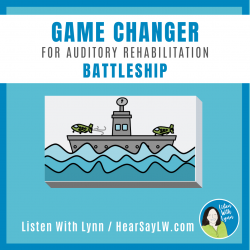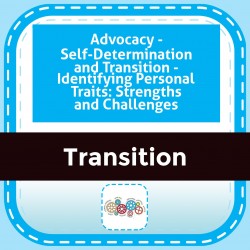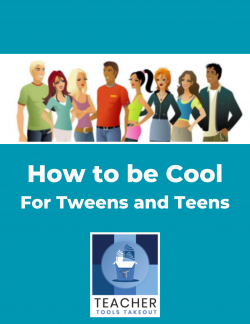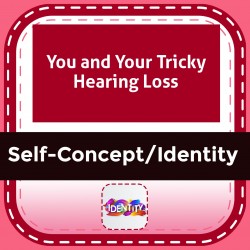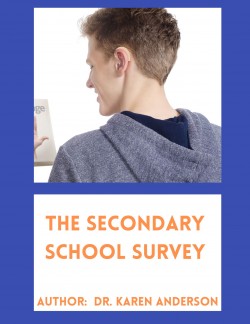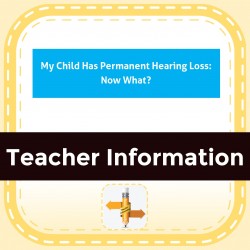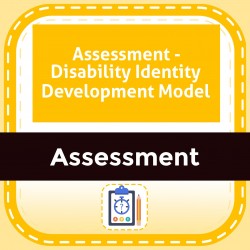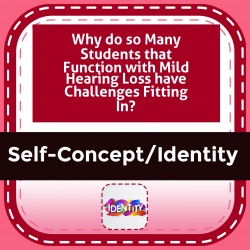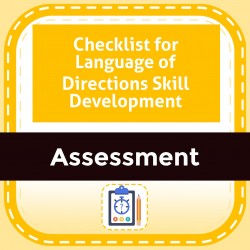Ability Levels
Categories
Resource Types
Age/Grade Range
CCSS
Anchor Standard
Speaking & Listening
Language
Reading
Auditory Rehab - Auditory Training BATTLESHIP Game
$ 6
Play Battleship the classic board game with an auditory spin using this Auditory Rehab Game Changer™. This activity is designed for individuals that are deaf and hard of hearing and for use in cochlea
...
cochlear implant rehabilitation for older children, teens, and adults.IDEAL FOR: Deaf & Hard of Hearing, Listening & Spoken Language, Auditory Training, Auditory Rehabilitation, Speech...The BATTLESHIP Game Changer✤ is played with special directions and rules✤ challenges beginner and intermediate listeners✤ works in closed and bridge listening sets✤ practices identifying words in sets and within connected speech✤ focuses on taking turns, talking while advocating for hearing needs✤ encourages gameplay and practice at home with family and friends✤ practice can lead to communication success✤ is motivating and funGameChangers™➼ result in natural listening practice much different than contrived lists or online or programs.➼ allow for real-time modifications based on the player's auditory skills➼ fosters self-advocacy skills➼ improves communication confidence and successINCLUDES:a pre-game companion that prepares the Listener to play the gamefeatures practice exercises and activities.offers clear directions for therapists, teachers, a listening coach, family members, and friendsincludes listening tips and strategiesfollows an auditory hierarchyNOTE: The amount of practice necessary will vary before a listener is ready to play the game and is dependent upon the listener’s listening skills.
Advocacy - Self-Determination and Transition - Identifying Personal Traits: Strengths and Challenges
$ 2
We all have strengths and challenges. When we look at these parts of ourselves objectively, we can see that the things that make us happy and unhappy are really just part of our personal traits. Use t
...
hese strategies and thinking activities to encourage students' self-awareness and self-knowledge.
How to be Cool
$ 2
Excellent discussion handout to share with tweens and teens. Based on a study of a group of teens charged with creating a list of what makes individuals 'cool' and more acceptable to peers. Provides i
...
mportant insights about individuality and standing up for who you are and what you believe in.
You and Your Tricky Hearing Loss
$ 050
The purpose to You and Your Tricky Hearing Loss is to help the child express the internal meaning of what it is like for them to have a hearing loss. The student is asked to describe different aspects
...
of the hearing loss as though it is separate from themselves. This is an active step in helping the student to recognize how different they feel from others and allow discussion to provide other perspectives. This exercise can be followed by The Secondary School Survey (P01SCI0664), the Wizard's Challenge Game (P01SCI0668) or any work to develop communication repair and self-advocacy skills.
The Secondary School Survey
$ 195
The Secondary School Survey is an effective tool to help students examine their feelings about their hearing loss and hearing devices and then compare their results to how a group of 64 students in mi
...
ddle school from around the US responded to the same questions. By doing so the student can achieve a sense of how their feelings are in comparison to peers with hearing loss. Ultimately this can assist with self-concept, hearing device use, identity and self-confidence.
My Child Has Permanent Hearing Loss: Now What?
$ 0
Once a child is diagnosed with hearing loss family members have many questions. This resource provides information addressing how overwhelming the diagnosis can be and families may have many feelings
...
about the testing process and the diagnosis. It describes where you can find help and support and why it is important to start services shortly after the hearing loss is diagnosed.
Assessment - Disability Identity Development Model
$ 295
Gibson's Identity Model is explained in three stages. Students are asked to rate each of the statements about their hearing loss, feelings about fitting in, and how they self-identify. Fillable form.
Social Needs & "I hate my hearing aids!"
$ 0
Informational handout reviewing the challenges hearing loss poses to a child's peer acceptance. Peer acceptance also impacts resistance to wearing hearing aids. Responding to hearing aid wear issues i
...
s addressed and some suggestions for intervention.
Why do so Many Students that Function with Mild Hearing Loss have Challenges Fitting In?
$ 0
Information handout on the special challenges students with mild hearing loss have in trying to "pass as normal" to fit in to classrooms.
Checklist for Language of Directions Skill Development
$ 195
This functional checklist includes 10 examples of each of different type of question categories: one-part directions, yes/no questions, what, where, who, why, when questions. Age level expectations ar
...
e provided for each type of question category. Provides 3 columns to show test dates and check off for mastery so the checklist can be used by educators or families for progress monitoring.
 Your browser is out of date. For best experience switch to latest updated Browser.
Your browser is out of date. For best experience switch to latest updated Browser.
 Get Chrome
Get Chrome Get Edge
Get Edge Get Firefox
Get Firefox